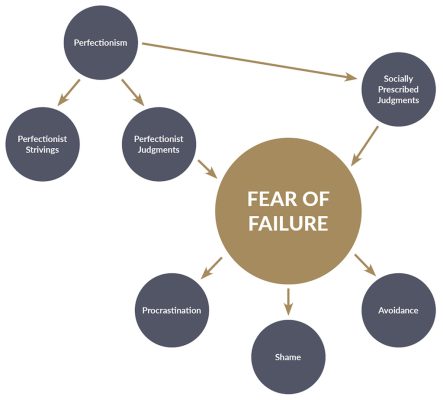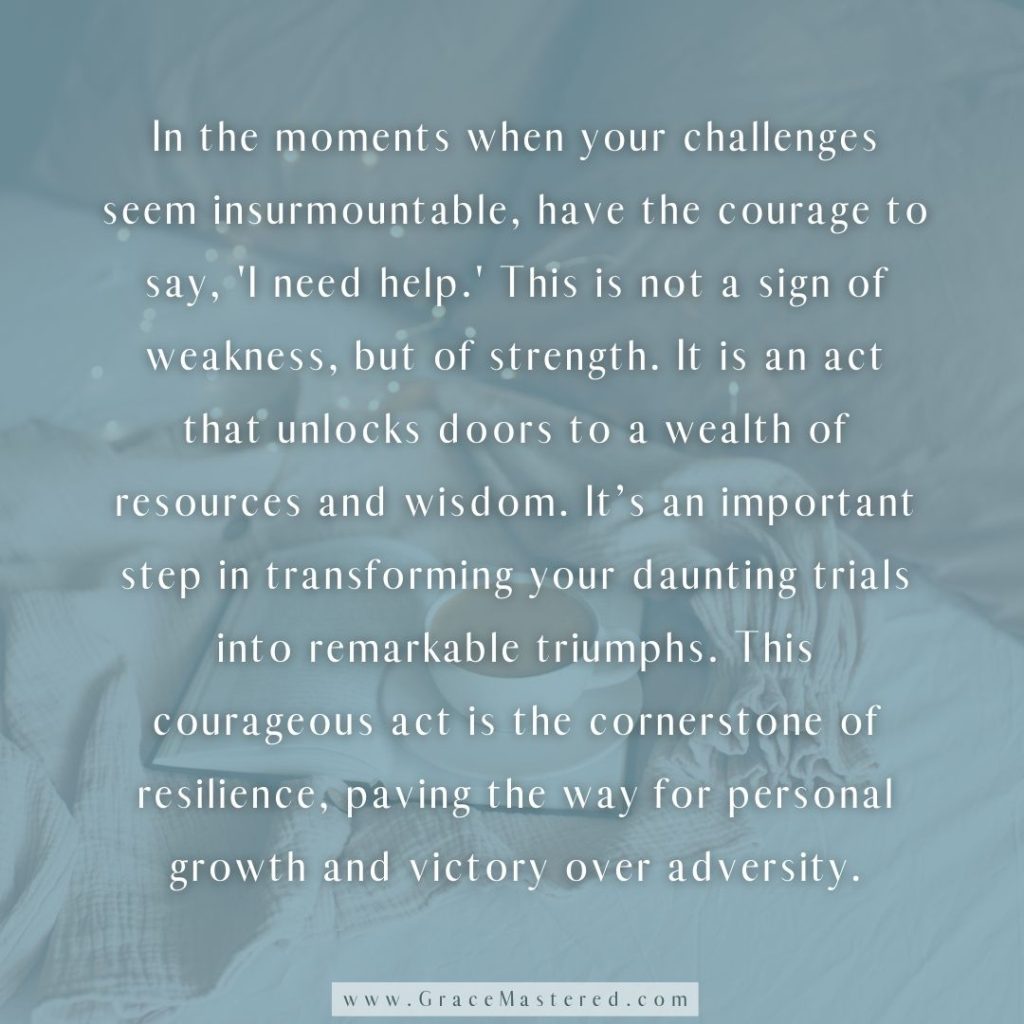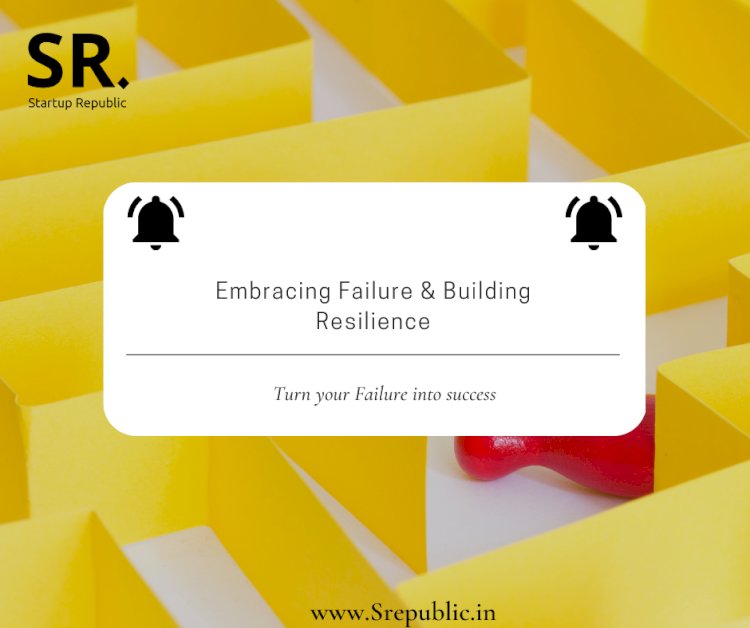
Overcoming Fear of Failure: A Founder’s Essential Guide to Unlocking Potential
Every founder knows it: that nagging whisper, that cold knot in the stomach, the "what if" that threatens to paralyze even the most ambitious dreams. It’s the fear of failure, and for entrepreneurs, it’s not just a passing anxiety – it’s a formidable obstacle that can stifle innovation, prevent action, and ultimately, derail an entire venture.
Building a business is an inherently risky endeavor. It demands courage, resilience, and a willingness to step into the unknown. But what happens when the fear of tripping stops you from taking the first step, or any step at all?
This comprehensive guide is designed specifically for founders – whether you’re just starting out, navigating the turbulent waters of growth, or considering your next big move. We’ll demystify the fear of failure, explore its unique impact on entrepreneurs, and equip you with practical strategies to transform this common anxiety into a powerful catalyst for success.
What is Fear of Failure (and Why It Haunts Founders)?
At its core, the fear of failure (often termed "atychiphobia" in its extreme form) is an intense apprehension about making mistakes, not meeting expectations, or experiencing negative outcomes. It’s a fundamental human emotion, but for founders, it takes on a magnified significance.
Why Founders Are Uniquely Susceptible:
- High Stakes: Your business often represents not just a project, but your personal savings, your reputation, your time, and often, your identity. The potential loss feels immense.
- Public Scrutiny: Founders operate in a public arena. Your successes are celebrated, but your failures can feel exposed, leading to fear of judgment from investors, peers, employees, and even family.
- Personal Investment: Unlike an employee, you are the architect, the decision-maker, and often, the sole driving force. The line between your personal worth and your business’s success can become blurred.
- Uncertainty is the Norm: Startups thrive on uncertainty, but human beings crave predictability. This constant state of flux can amplify anxieties about control and outcomes.
- Perfectionism: Many founders are driven by a desire for excellence. This admirable trait can morph into a fear of anything less than perfect, making them hesitant to launch or iterate.
How Fear of Failure Manifests in Founders:
- Procrastination: Delaying crucial decisions, product launches, or difficult conversations.
- Analysis Paralysis: Over-analyzing every detail, leading to inaction rather than execution.
- Playing It Safe: Avoiding bold risks or innovative ideas for fear of making a mistake.
- Micromanagement: An inability to delegate, stemming from a fear that others won’t do things "right."
- Burnout: The relentless stress and anxiety can lead to exhaustion and emotional depletion.
- Self-Sabotage: Unconsciously undermining your own efforts to avoid the perceived pain of failure.
- Imposter Syndrome: A feeling that you’re not qualified or good enough, leading to fear of being "found out."
The Damaging Effects of Fear of Failure on Your Startup Journey
Left unaddressed, the fear of failure isn’t just an unpleasant feeling; it’s a destructive force that can cripple your business before it even has a chance to flourish.
- Stifled Innovation: Fear makes you cling to what’s safe and familiar, preventing the experimentation and radical thinking necessary for breakthrough products or services.
- Missed Opportunities: Hesitation can mean losing out on crucial partnerships, funding rounds, or market timing.
- Slow Growth (or No Growth): Without decisive action and a willingness to pivot, your business will stagnate.
- Damaged Team Morale: A founder’s anxiety can permeate the entire team, leading to a risk-averse culture.
- Personal Toll: Chronic stress, anxiety, and a sense of overwhelm can lead to physical and mental health issues, making the entrepreneurial journey unsustainable.
- Regret: The deepest pain often comes not from trying and failing, but from never trying at all.
Strategies for Overcoming Fear of Failure: A Founder’s Action Plan
Conquering the fear of failure isn’t about eliminating fear entirely – that’s impossible and even unhealthy. It’s about recognizing it, understanding its roots, and developing strategies to act despite it.
Here’s a comprehensive action plan for founders:
1. Redefine Failure: Shift Your Mindset
This is perhaps the most critical step. Our society often views failure as an endpoint, a definitive judgment. For founders, it must be seen as a stepping stone.
- Failure as Feedback: Instead of an outcome, view failure as data. Every "failed" experiment, pitch, or product launch provides invaluable information about what doesn’t work, guiding you towards what does.
- Failure as Learning: Embrace the concept that you either succeed or you learn. Every mistake is a lesson in disguise, equipping you with wisdom you couldn’t gain otherwise. Think of it as tuition paid for entrepreneurial education.
- Failure as a Prerequisite for Innovation: Many of the world’s greatest inventions and businesses came from countless "failures." Edison famously said, "I have not failed 10,000 times—I’ve successfully found 10,000 ways that will not work."
- Failure as a Story: Eventually, your "failures" become compelling parts of your founder story, showcasing your resilience and growth.
2. Embrace a Growth Mindset
Pioneered by Dr. Carol Dweck, a growth mindset believes that abilities and intelligence can be developed through dedication and hard work. A fixed mindset, conversely, believes these traits are static.
- Challenge Your Assumptions: When you face a setback, ask yourself: Is this a reflection of my inherent inability (fixed mindset), or an opportunity to learn and improve (growth mindset)?
- Focus on Effort, Not Just Outcome: Praise your effort, persistence, and strategies, even if the immediate outcome isn’t what you hoped for. This builds resilience.
- View Challenges as Opportunities: Instead of roadblocks, see challenges as puzzles to solve, inviting creative solutions.
3. Identify and Challenge Negative Thoughts
Fear often thrives on irrational or exaggerated thoughts. Learn to identify and dispute them.
- Acknowledge the Thought: Don’t suppress it. "I’m having the thought that I’m going to fail badly."
- Question the Evidence: Is there concrete evidence for this thought, or is it an assumption? "What’s the worst that could realistically happen?"
- Seek Alternative Explanations: Is there another way to interpret the situation? "Maybe this setback is a chance to pivot to a stronger idea."
- Reframe the Thought: Replace the negative thought with a more balanced or empowering one. "Even if this doesn’t work out, I will have gained valuable experience."
4. Start Small and Iterate (The MVP Approach)
One of the best ways to combat the fear of a big, catastrophic failure is to break down your journey into smaller, manageable steps.
- Minimum Viable Product (MVP): Launch the simplest version of your product or service that still delivers core value. This allows you to test assumptions, get feedback, and learn with minimal risk and investment.
- Small Experiments: Treat every new feature, marketing campaign, or sales pitch as a small experiment. If it "fails," it’s just data for your next iteration.
- Incremental Progress: Focus on making small, consistent progress rather than waiting for one grand, perfect launch. Each small win builds confidence.
5. Set Realistic Goals (and Expectations)
Unrealistic expectations are a major fuel for fear of failure.
- SMART Goals: Ensure your goals are Specific, Measurable, Achievable, Relevant, and Time-bound.
- Acknowledge the Difficulty: Building a startup is incredibly hard. It’s okay to acknowledge that and manage your expectations accordingly. Not every idea will be a unicorn.
- Separate Outcomes from Effort: You can control your effort, strategy, and execution, but you can’t always control external market forces or customer reception. Focus on what’s within your sphere of influence.
6. Learn from Every Experience: The Post-Mortem Power
When something doesn’t go as planned, resist the urge to blame or avoid. Instead, conduct a "post-mortem" analysis.
- What Happened? Objectively document the events.
- What Went Well? Even in a "failure," identify successes or positive elements.
- What Didn’t Go Well? Identify the specific areas that fell short.
- Why Did It Happen? Dig into the root causes – was it strategy, execution, market conditions, resources?
- What Can We Learn? What insights can be extracted?
- What Will We Do Differently Next Time? Crucially, create actionable steps for future attempts.
This structured approach transforms setbacks into valuable lessons, stripping away the emotional sting and replacing it with practical wisdom.
7. Build a Strong Support System
You don’t have to face your fears alone.
- Mentors: Seek out experienced founders who have navigated similar challenges. Their insights and shared stories can be incredibly reassuring.
- Peer Groups: Connect with other founders who are at a similar stage. Sharing experiences and fears can normalize your feelings and provide mutual support.
- Advisors: Build a board of advisors who can offer guidance and a different perspective when you’re too close to the problem.
- Friends and Family: Ensure you have a personal support network that understands the demands of your journey and offers unconditional encouragement.
- Therapy/Coaching: If fear or anxiety are overwhelming, consider professional help. A therapist or coach specializing in entrepreneurship can provide invaluable tools and perspectives.
8. Practice Self-Compassion
Founders are notoriously hard on themselves. Learn to treat yourself with the same kindness and understanding you would offer a good friend.
- Acknowledge Your Humanity: Everyone makes mistakes. Everyone experiences fear. You are not alone in this.
- Be Kind to Yourself: When negative self-talk creeps in, consciously replace it with gentle, encouraging thoughts.
- Prioritize Self-Care: Get enough sleep, eat well, exercise, and take breaks. A rested mind is better equipped to handle challenges and fears.
- Separate Your Worth from Your Work: Your value as a person is not dependent on the success or failure of your business. Remind yourself of this often.
9. Plan for Contingencies (Risk Mitigation)
While you can’t predict everything, you can anticipate potential pitfalls and create backup plans.
- Worst-Case Scenario Planning: Mentally (or on paper) walk through your biggest fears. What would happen if X fails? What would be the steps to recover? Often, the worst-case isn’t as catastrophic as your mind imagines.
- Develop a "Pivot Plan": If your initial idea doesn’t gain traction, what are your alternative paths? Having a pivot strategy reduces the fear of being stuck.
- Financial Buffer: Try to build a personal and business financial buffer. This reduces the immediate pressure and fear associated with monetary loss.
10. Celebrate Small Wins
The entrepreneurial journey is long. Don’t wait for the grand success to celebrate.
- Acknowledge Progress: Every user gained, every successful meeting, every line of code written, every problem solved is a step forward.
- Boost Morale: Celebrating small wins, both personally and with your team, boosts morale and reinforces positive momentum, making setbacks feel less daunting.
- Rewire Your Brain: Regularly acknowledging success helps to train your brain to focus on progress and possibility, rather than solely on potential failure.
Turning Failure into Fuel: The Founder’s Superpower
The most successful founders aren’t those who never failed, but those who learned to fail forward. They embrace the inevitable setbacks as critical data points, pivot with agility, and emerge stronger and wiser.
Think of iconic founders like Steve Jobs, who was famously fired from Apple, only to return and lead the company to unprecedented heights. Or Elon Musk, whose early rocket launches often ended in spectacular explosions before SpaceX achieved consistent success. These stories aren’t exceptions; they are the rule. Failure, in the entrepreneurial world, is often a prerequisite for monumental success.
Your ability to acknowledge, confront, and move past the fear of failure isn’t just a soft skill; it’s a strategic imperative. It’s the superpower that allows you to take calculated risks, innovate boldly, and persist when others would quit.
Conclusion: Your Journey, Your Resilience
Overcoming the fear of failure is an ongoing process, not a one-time event. There will be days when that nagging whisper returns, and moments when the weight of responsibility feels crushing.
But by consciously applying the strategies outlined in this guide – by redefining failure, embracing a growth mindset, challenging negative thoughts, starting small, building a support system, and practicing self-compassion – you can transform your relationship with fear.
Your entrepreneurial journey is a testament to your courage. Embrace the uncertainty, learn from every stumble, and remember that true failure isn’t falling down; it’s refusing to get back up. The world needs your ideas, your passion, and your unwavering resilience. Go forth, build, and redefine what’s possible.



Post Comment